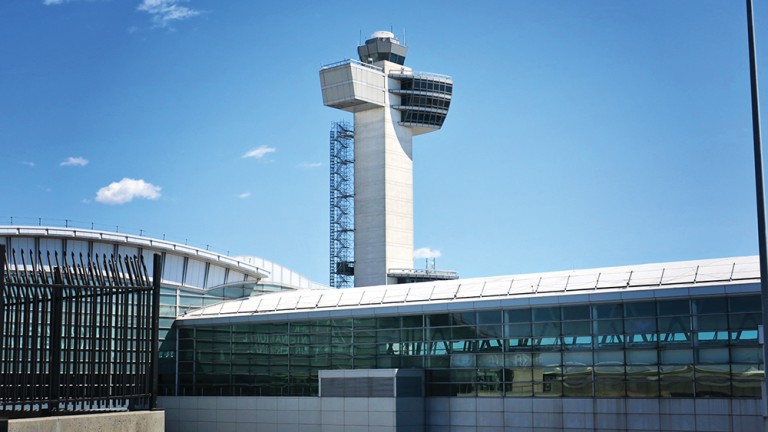By Forum Staff
On Tuesday, in Brooklyn federal court, Canadian national Nikolay Goltsev and Brooklyn resident Salimdzhon Nasriddinov pleaded guilty to conspiracy to commit export control violations for their roles in a global procurement scheme on behalf of sanctioned Russian companies, including companies with Russian military contracts, prosecutors said.
Some of the electronic components shipped by the defendants were later found in seized Russian weapons platforms and signals intelligence equipment in Ukraine.
According to the court filings and statements made during the plea proceeding, the defendants used two Brooklyn companies, SH Brothers Inc. and SN Electronics Inc., to unlawfully source, purchase, and ship millions of dollars in dual-use electronics from U.S. manufacturers to sanctioned end users in Russia. Some of the electronic components and integrated circuits shipped by the defendants through SH Brothers have been found in seized Russian weapons platforms and signals intelligence equipment in Ukraine, including the Torn-MDM radio reconnaissance complex, the RB-301B “Borisoglebsk-2” electronic warfare complex, the Izdeliye 305E light multi-purpose guided missile, the Vitebsk L370 airborne counter missile system, Ka-52 helicopters, Orlan-10 unmanned aerial vehicles (“UAVs”) and T-72B3 battle tanks. Some of these components were critical to Russia’s precision-guided weapons systems being used against Ukraine. During the period charged in the indictment, SH Brothers made hundreds of shipments valued at over $7 million to Russia.
To carry out their criminal scheme, Nasriddinov, 53, and Goltsev, 38, purchased the electronic components from U.S. manufacturers and distributors under the auspices of SH Brothers and SN Electronics, and arranged for the items to be shipped from those manufacturers and distributors to various locations in Brooklyn. Nasriddinov and Goltsev then unlawfully shipped the items via John F. Kennedy International Airport to a variety of intermediary front companies located in other countries, including Turkey, Hong Kong, India, China and the United Arab Emirates, where they were rerouted to Russia.
The defendants were aware of the potential military applications of the electronics that they exported to Russia. For example, in a message exchange on or about and between Nov. 8, 2022 and Nov. 15, 2022, Goltsev commented on how shipping to Russia had become “dangerous” and discussed a shipment of electronic components that had been detained by U.S. officials at JFK Airport. Nasriddinov responded that “Ukrainians alleged that they’re being bombed from parts from there [the U.S. manufacturer], maybe that’s why they started investigating everything?” Goltsev responded that, “we need to figure out why they keep holding the package . . . I don’t really understand how they figured [it] out.” In a subsequent message, Goltsev commented that, “in the future we will need to load from several companies, not to attract attention . . . for now large packages will be dangerous until we understand what they figured out . . . we will need to think of diversifying the load . . . so that not everything is moving from the same deck.”
The government seized $20,000 in cash from the New York hotel room in which Goltsev was arrested. In total, the government has seized approximately $1.68 million in connection with this export scheme.
A third co-defendant, Kristina Puzyreva, 32, pleaded guilty in February 2024 to conspiracy to launder the proceeds of the export scheme. She is awaiting sentencing.
When sentenced, Goltsev and Nasriddinov each face up to 20 years in prison.
Additionally, 24.7 percent of new members are parents or guardians of a school-age child, while 17.9 percent are immigrants. In terms of LGBTQIA+ representation, 10.3 percent of new members identified as such, up from 3.4 percent of community board members as of 2020 prior to Richards taking office.

